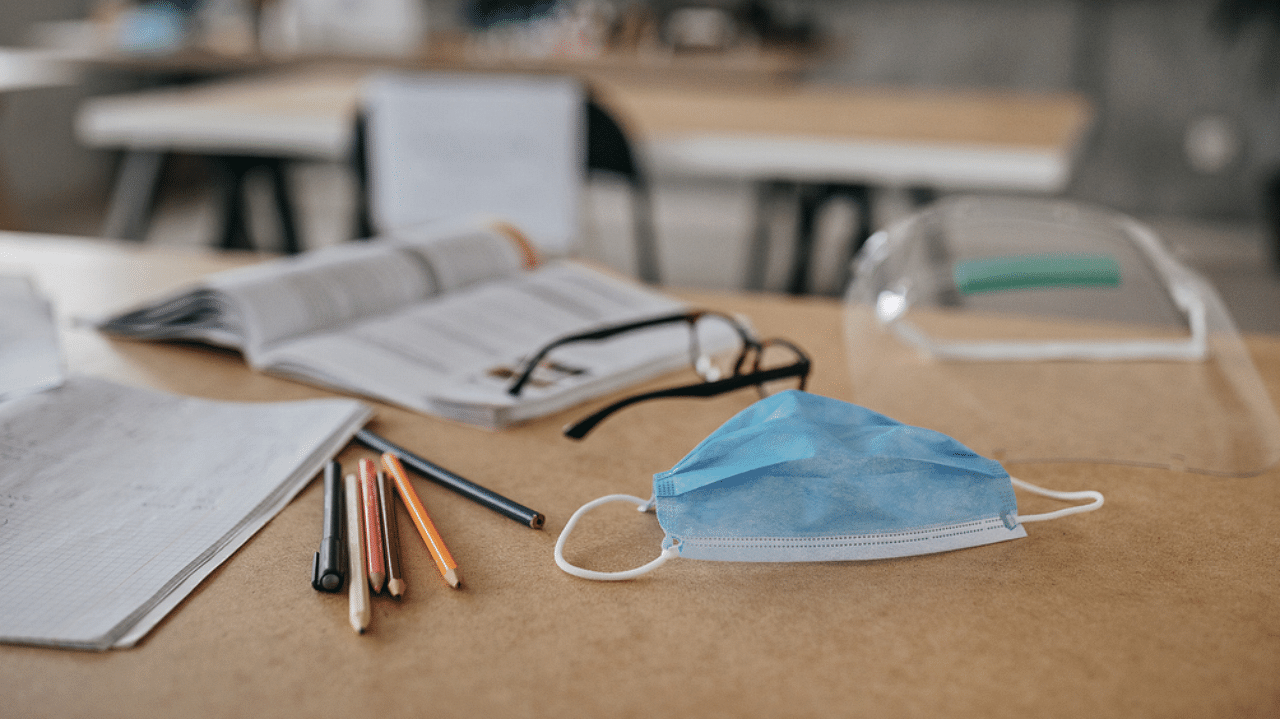The Karnataka government has opened schools fully for grades nine to twelve and partly for six to eight. However, lower primary schools (LPS)--grades one to five remain closed and may have a zero year (a year of no school). Most states seem to favour the decision of keeping LPS closed.
The findings of a recent study by the Azim Premji Foundation are heart-breaking. Assessing about 15,000 children from public schools across Chhattisgarh, Karnataka, MP, Rajasthan and Uttarakhand, the study found that that 92% of children on an average had lost at least one specific language ability from the previous year across all classes. For Mathematics, this figure was 82%. These numbers suggest a wide-ranging loss of learning in children across the country. Earlier studies have also highlighted that school closure would affect learning, the Foundation’s study validates this argument, comparing learning levels now with those a year ago.
This regression or loss of ability in language and mathematics is particularly worrisome. The National Education Policy, 2020 strongly emphasises ‘foundational literacy’ and ‘foundational numeracy’ (FLN in short). Basic literacy and numeracy are essential skills for further learning.
Children in LPS face the greatest danger of losing acquired FLN. Social interactions with peers, facilitated by a teacher, are indispensable to their learning. If they go back to a school after a ‘zero year’, many of them will not be able to make up this loss and this will hinder further learning. If FLN is compromised, the ‘inability to make sense of schooling’ will cause children to drop out. Even if a student completes schooling, she will lack the basic skills we take for granted, like reading a notice or writing a letter or making a simple computation. This compromise will herald large scale school dropout of children in the years to come.
The closure of schools, the study warns, will lead to a ‘social loss’; teachers fear closure will “impact on children’s ability to navigate adult life”. Several generations of children will get into adult life as illiterates; this is an unprecedented crisis in independent India, where we have needed decades to reduce the number of text-illiterate adults. India still has 37% of the world’s text-illiterate adults and holds the top-rank for the number of adult illiterates. Text and number illiteracy severely impacts ability to navigate adult life through work, marriage, family, with dignity and respect, and facilitates their exploitation and marginalization.
The danger from keeping LPS closed is very severe and clear. The danger from opening primary schools open is mild. Medical research overwhelmingly indicates children are less vulnerable to Covid-19; even if they catch the virus, their symptoms are invisible or mild. The younger the age, lesser the vulnerability. This is also empirically confirmed by fewer Covid-19 cases and negligible fatalities in young children across the world.
Covid-19 cases and fatalities have been steadily dropping from their peak a few months ago, triggering a resumption of political, social and economic activities. State-wide elections, festivals, cricket matches are on. Theatres, malls, shops, factories, swimming pools are open. Public transport has resumed, so have traffic jams. Only LPS remain closed.
Mostly, children to go LPS in their vicinity. Children who would assemble in an LPS are already interacting in the community, part of the same local bubble. Hence, there would be a negligible risk if they met in the school as well. Andhra Pradesh has opened primary schools some time back, with no serious issues. This is different from college students travelling across states and getting infected in hostels.
Vaccinate teachers
Teachers as adults, are vulnerable to Covid. As front line workers in the Covid testing and tracing programs of governments, teachers need priority vaccination, so they can immediately go back to teaching in schools. Other safety measures – wearing masks, washing, physical distancing, thermal sensors, quarantining if there are cases, parental consent, are all essential. These impose minor costs compared to the socio-economic disaster of keeping LPS closed. Given low health risks from closure v/s high educational rewards from opening, it is inexplicable why governments continue to keep LPS closed.
The study says teachers are keen to start schools. Most parents (excluding the middle-class minority) are keen too – they know for their children, structured learning possibilities are accessible only from school, as well as safety and nutrition. While a minority of middle-class children may be engaged through online education, for most children, the closure has meant zero structured learning opportunities. Vidyãrthiya nade saleya kade, a group of parents, educators, public health researchers, civil society activists, has urged for the reopening of schools since November, even organising state-wide protests.
The continued closure is an imposition on students, teachers and parents. It reflects a high degree of callousness to the learning and developmental needs of the most vulnerable sections of India. Damaging FLN will irreparably harm our children and society for decades to come. It may make Nero proud, though.
(The writer is a teacher educator with IT for Change, and member of Vidyarthiya nade saleya kade)
